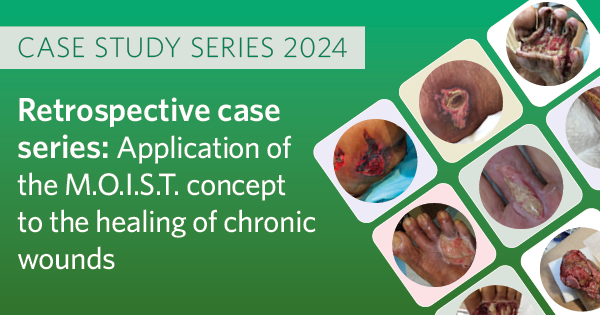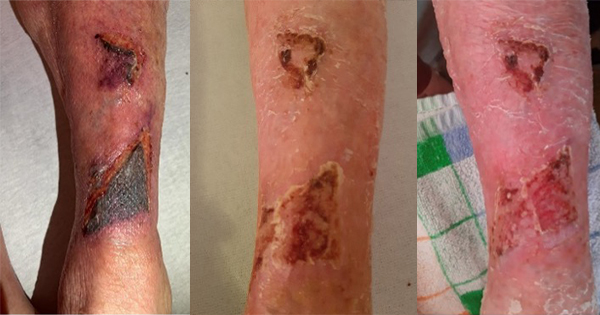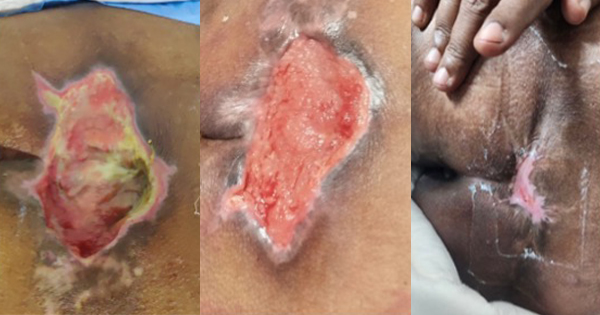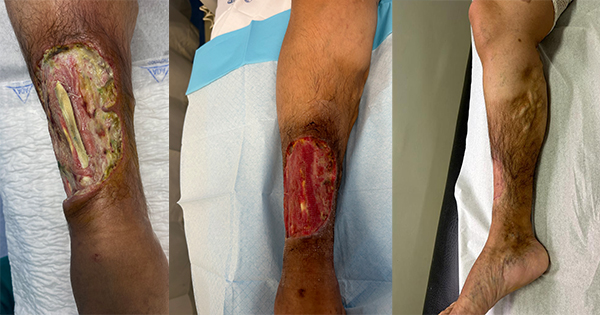Most wounds contain micro-organisms, but heal successfully. However, in some wounds the presence of bacteria may cause delayed healing and local and/or systemic infection, which may reduce quality of life by increasing morbidity, mortality, hospitalisation and socioeconomic burden. It can be difficult to recognise when bacterial burden is affecting healing and requires intervention, particularly in chronic wounds. A 2008 international consensus document recognised that diagnostic tests for wounds that are not healing as expected, such as tests that signal when bacteria are having harmful effects, have the potential to improve outcomes and to have economic benefits. WOUNDCHEK Laboratories is developing a rapid point-of-care test to identify wounds in which bacteria may delay healing. A positive test result indicates that the wound contains levels of a group of enzymes — the bacterial proteases — that may be detrimental to healing and indicate imminent or current infection. This article explores the potential role and benefits of this test in the management of chronic wounds.






